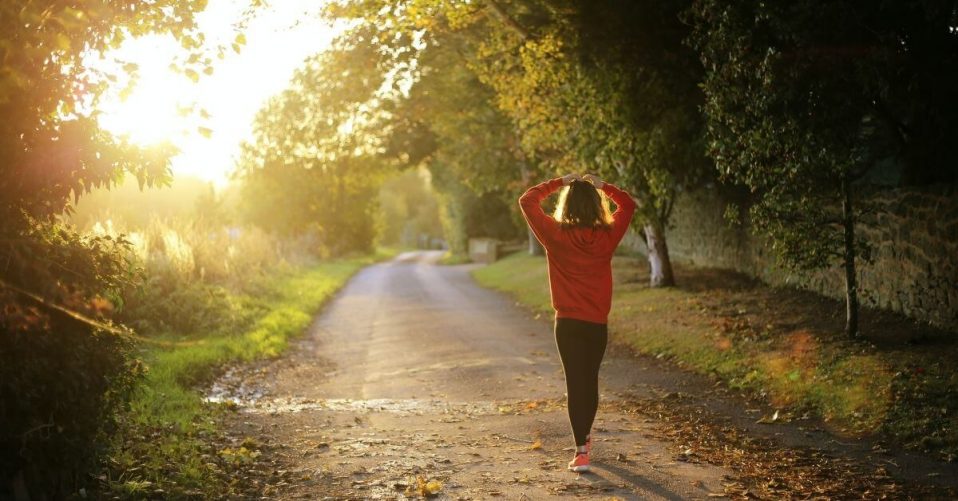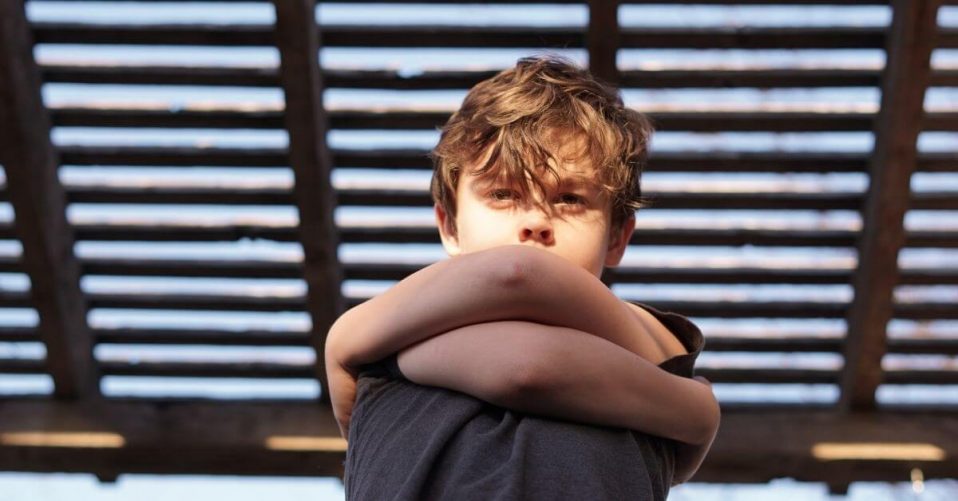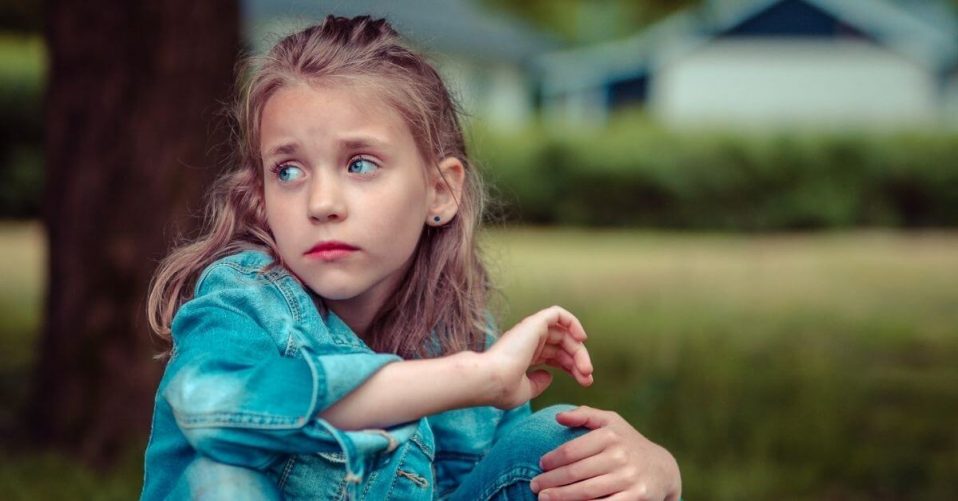It’s National Walking Month! As part of mental health awareness to boost the mental health of people across the nation, we want to highlight the mental health benefits of walking,
Did you know? Studies show that there is an 18% reduction in depression amongst adults who get just HALF of the daily recommended physical activity.
This blogpost will discuss:
- The benefits of walking for mental wellbeing
- How to fit walking into your routine
- How to get kids involved in walking
- How to practise mindfulness when walking
Benefits of walking for mental health
You might know walking as good for your physical health, but did you know it has many mental health benefits too? Here are some of the mental health benefits of walking you can benefit from this National Walking Month:
Reduced risk of depression and anxiety
Many studies have shown that there is a strong link between exercise, walking and a reduction in anxiety and depression. It is important that we get regular fresh air exercise on a daily basis to prevent depression and anxiety.
Improved sleep
Studies have shown how there is a strong link between sleep and exercise. Those who exercise on a daily basis tend to get better quality sleep throughout the night. This has a positive impact on both physical and mental health by reducing negative moods and promoting overall well-being.
Stress reduction
Exercise and walking releases endorphins, which are natural mood-boosting chemicals, which can help reduce stress. Also, walking in nature can be relaxing and calming, especially if you practise mindfulness, which can reduce stress and make you feel energised.
Increased self esteem
Walking can make you feel really good about yourself! When you set a goal to walk every day, you will feel a sense of accomplishment and achievement, which can boost your self-esteem. Also, walking is the perfect opportunity to self-reflect and practice gratitude.
Improved cognitive function
Walking is good for the brain! Studies show that those who walk regularly have improved memory and a reduced risk of cognitive decline such as dementia. John D. Omura a et al conducted a study which found that cognitive decline is almost twice as common among adults who are inactive compared to those who are active.
How to fit walking into your routine
Start small
Some people can walk marathons, and some can just walk around the park. Either way, it’s best to start with what you feel comfortable with. Stick with what you can do, if you push yourself too much you might give up!
Set realistic goals
It’s good to set goals, but make sure they’re realistic. If you struggle making time for walking, start by setting a goal of only walking on weekends, or only walking to work on warm days! This way, you won’t get put-off by your goals. Whatever your goals are, make sure they work for you and your lifestyle.
Incorporate walking into your daily routine
We all have busy lives and packed schedules, so rather than working your routine around walking, try working walking into your routine. Rather than driving to the shops, you could walk. You could walk to pick the kids up from school, walk the dog, walk during your lunch break or even walk to work.
Walk with a friend or group
If you’re dealing with loneliness, walking with a group, friends or family can be a great way to combat loneliness and boost your mental health and wellbeing. If you’re feeling lonely, reach out to people you know and ask if they want to go on a walk. Alternatively, find walking groups in your community, you could ask your local Facebook group if anyone wants to start one!
Listen to music, podcasts or audiobooks
Walking can be the perfect time to get some ‘me time’. We all like a little bit of time to ourselves, so be sure to listen to your favourite music, podcasts or audiobooks. This can make you feel more motivated to walk and enjoy the time you spend on your walks.
Explore New Areas
Walking the same route can get a tad boring! Make sure to switch it up by exploring new neighbourhoods and parks in your area. Remember to be safe and take a friend with you!
How to get kids involved with walking
Set a good example
Parenting starts with setting a good example! If you show your child that you enjoy walking and walk regularly, they will see it as a fun activity. This way, they will want to incorporate it in their lives, even when they are older.
Establish walking in their routine
Whether you want to walk to school, walk after school or walk after dinner, it is important to make walking a normal part of your child’s routine.
Music or dance walk
Pick a safe and suitable location, such as a forest trail or a park, and put some of yours and your child’s favourite dance songs. Now it’s time to have a little boogie along your walk! This can make walking more fun and enjoyable.
Walking challenges
Children love a little bit of competition. If you give them a walking challenge, they will feel motivated to hit their targets. You can set them a goal of 2000 steps a day to start with.
Mindful walks
Mindfulness is a great practice for children, and what better time to practise mindfulness than on a pleasant walk. There are so many sensory experiences to soak in, and walking is the perfect time to reflect and be in tune with your body.
Make walking fun!
Here are a few things you can do with your kids to make walking more fun:
- Play ‘I Spy’ or a scavenger hunt
- Play follow the leader
- Bring friends along
- Get them to photograph their surroundings
- Bring snacks
- Find an item from each colour of the rainbow
- Stop at local monument to learn about local history
- Teach them about nature
How to practise mindfulness on walks
Mindfulness can reduce stress, anxiety, improve cognitive function and increase our overall mental health. Here are a few ways you can practise mindfulness on your walks:
- Pay attention to your senses, focus on what you can see, feel, smell, touch and hear.
- Take slow, deep breaths. Inhale through the nose, exhale through the mouth.
- Walk slow and deliberately, paying attention to each step you take.
- Focus on the present moment.
- Practice gratitude.
Shawmind has a mission to improve mental health across the nation. We want to provide early intervention to prevent a further mental health crisis. If you want to support our mission, please donate or choose to do one of our mental health courses.








